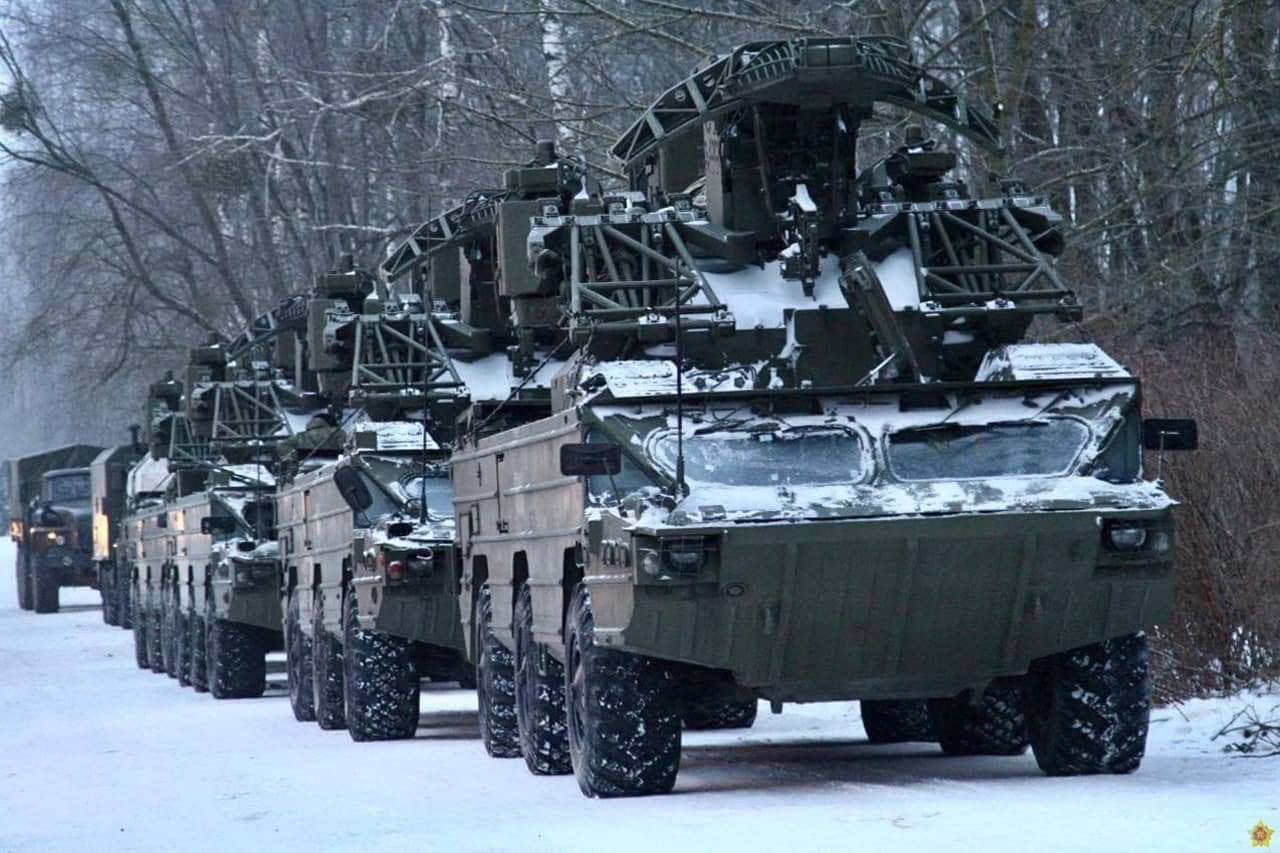Lukashenko’s role in escalation of conflict between Russia and West

For the Belarusian regime, either extreme outcome to the confrontation between Russia and the West – war or reconciliation – is undesirable. In the former case, Belarus would be forced into making risky and likely self-destructive concessions to the Kremlin. In the latter case, it would be difficult for Belarus to interest the Kremlin in its anti-Western posturing, political analyst Artyom Shraibman writes for carnegie.ru. We publish an abridged version of his article.
On 10–20 February, large-scale Russian-Belarusian military exercises called “Allied Resolve” are to be held not far from the Belarus-Ukraine border, where Russia has been moving troops from the Far East since mid-January. In all that is happening, Alexander Lukashenko was assigned the role of not just an extra, but allegedly the initiator of the joint maneuvers. It was he who announced the upcoming unscheduled exercises in early December. He has since taken every opportunity to emphasize that he invited the Russian troops himself because it was necessary to train to cover the southern flank, as “Ukraine was becoming a source of threat”.
Even before their start, the military drills illustrated Minsk’s new role in the region and how this role stood in stark contrast with the professed dreams of Belarusian officials only a couple of years ago for Belarus to become an “Eastern European Switzerland”. At the same time, Lukashenko has not changed, and he’s not comfortable with the fact that he is no longer considered the master of his own country. Understanding this trait of Lukashenko’s character, Washington has taken to taunting him: an anonymous State Department official briefed the media that the Belarusian dictator was no longer in control of the situation. At the same time, the US is threatening Minsk with new sanctions if it participates in Russian aggression against Ukraine.
Assessing the likelihood of a real war in the region is a thankless task. But if a war did break out, it is highly unlikely that the Belarusian army would take part in the fighting directly. Lukashenko would not involve Belarusian troops in a conflict of his own volition. It would be extremely difficult for him to explain taking an active role in a war, especially one with neighboring Ukraine, to his supporters, let alone most regular Belarusians. Nowadays, Lukashenko is already too far from the peak of his legitimacy to risk his main political asset – the peace of mind of a loyal voter.
But a gray zone of manageable conflict would be ideal, allowing Belarus to sell its rhetorical loyalty to Moscow without sustaining any serious losses. Therefore, if the conflict between Russia and the United States is resolved without war, but without peace either, by some sort of diplomatic concealing of differences with excessive talking, Lukashenko might even benefit from this.